Universal Child Benefit critical in reducing vulnerability and poverty, new UNICEF Sri Lanka report finds
A new UNICEF Sri Lanka report recommended the establishment of a Universal Child Benefit (UCB) as a vital step to reduce the poverty and vulnerability faced by families and children in Sri Lanka, which for many has been exacerbated by the COVID-19 pandemic, the UN body said.
Produced with support from the European Union (EU) the ‘Investing in the Future: A Universal Child Benefit for Sri Lanka’s children’ report has been released to mark the 31st anniversary of the Convention of the Rights of the Child (CRC), celebrated globally on the 20th November as World Children’s Day. The report outlines options for providing all children with a monthly benefit at a relatively low cost to the country, thus making it financially feasible for Sri Lanka, while having a significant impact on child wellbeing and on the nation’s overall development.
Among the findings, the report notes that while Sri Lanka has made considerable progress in improving the lives of its children over decades, there are still large disparities in how children are faring depending on where they live or their family conditions:
- While the official poverty rate is very low, the majority of Sri Lanka’s children live in families that are struggling financially. 36 per cent of children live in families with a per person expenditure of less than LKR 278 per day, while 74 per cent live in families with a per person expenditure of less than LKR 506 per day;
- For over 70 per cent of Sri Lankan households, food comprises more than 40 per cent of their total expenditure, limiting the capacity to invest in their children;
- Wasting affects 15 per cent of children under the age of 5 years, which places Sri Lanka in the 10 worst countries on this indicator in the world. Stunting and wasting affect children across the welfare distribution, reflecting the fact that most families are living on limited incomes.
The COVID-19 crisis has likely exacerbated these challenges, as many families have lost all or part of their income, cut down on the number and quality of meals, depleted their savings and resorted to pawning and selling assets to generate income, the report noted.
Tim Sutton, Representative, UNICEF Sri Lanka said that Sri Lanka is the envy of many countries because of its investments in the provision of universal services, like healthcare and education.
“These investments have contributed to the progress we see. However, most children are still growing up in families who are struggling to get by, and COVID-19 has only made this worse. We have the chance to reimagine the future for children. By providing families with children a monthly allowance, millions of children will have the chance to reach their full potential, and Sri Lanka will benefit from enhanced human capital development and a more productive workforce.” he said.
“Let us not risk losing the strong progress made in recent years in the country in terms of poverty reduction and human capital development. Let us invest in a new generation of future Sri Lankan thinkers, leaders, workers, and consumers.” Denis Chaibi, Ambassador of the Delegation of the European Union to Sri Lanka, said
A key recommendation of the report is the introduction of a Universal Child Benefit of LKR 2,500 per child per month only for young children (0-5 or 0-10 years of age) at the outset, and to then grow the scheme over time by not removing any children until they reach their 18th birthday. If initially only introduced for young children, such benefit would have an initial cost of between 0.36 (0-5 option) and 0.66 (0-10 option) per cent of GDP and, by 2032, the level of investment required would be no more than 0.49 per cent of GDP.
-
Still No Comments Posted.



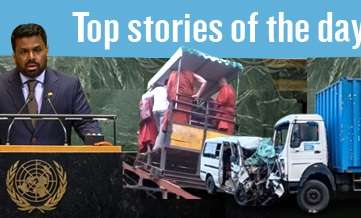
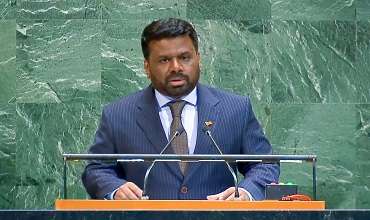


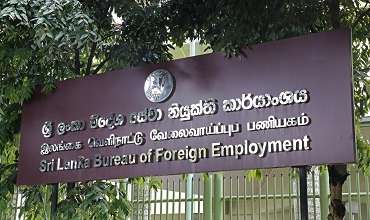

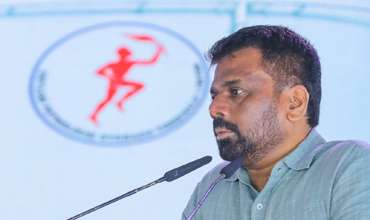



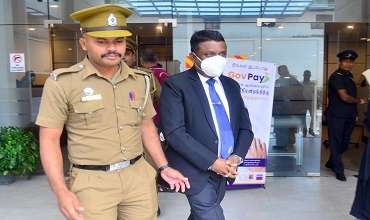
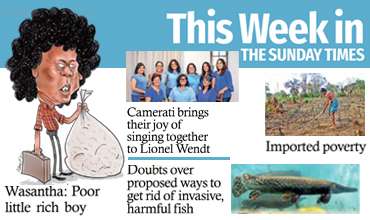
Leave Comments